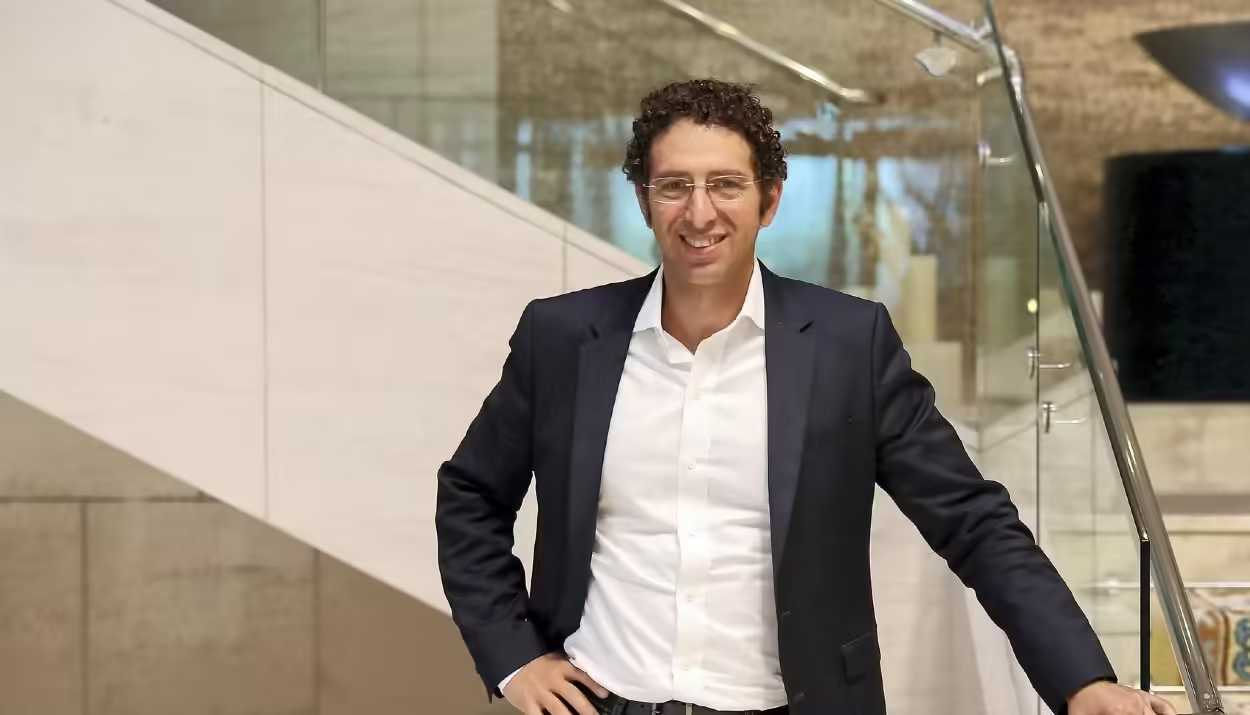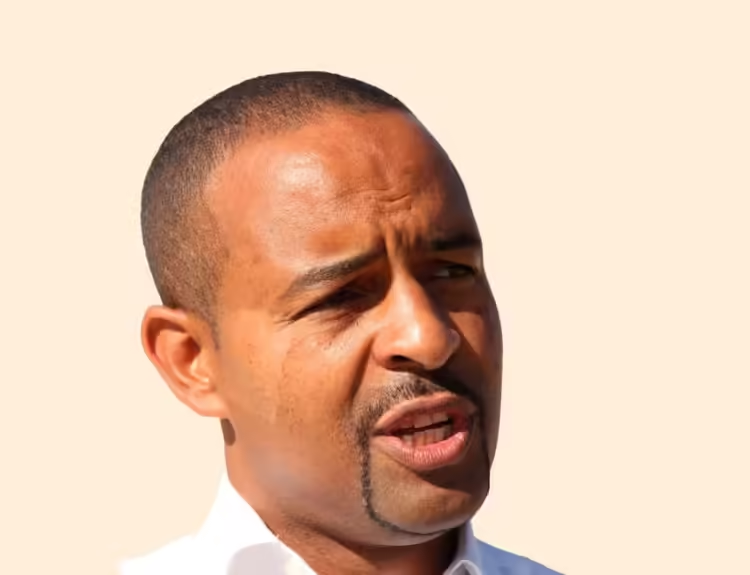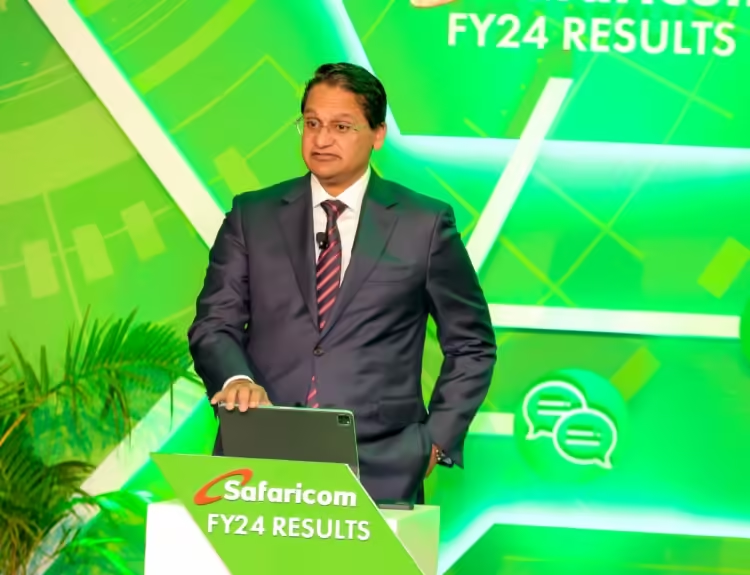Mounir Nakhla is a renowned serial entrepreneur, a title inspired by his numerous strategic investments and startups, which have turned out immensely successful.
The Egyptian businessman has been in the entrepreneurship space for over a decade, and one of his most notable ventures is MNT Halan, a fintech firm he founded in 2018. MNT Halan, Egypt’s first unicorn, has seen remarkable growth over the past six years, becoming the country’s largest lender to the unbanked.
Recently, MNT Halan acquired Turkish commercial finance company Tam Finans, enhancing its regional fintech footprint. The Egyptian fintech bought the company from private equity firm Actera Group and the European Bank for Reconstruction and Development (EBRD) for an undisclosed sum.
Tam Finans, with a $300 million loan book, will help MNT advance its financial services, including loans, pre-paid cards, e-wallets, savings, and e-commerce services. This acquisition also expands MNT’s portfolio with micro-lending and factoring services for SMEs.
This acquisition follows MNT-Halan’s recent entry into the Pakistani market. The company also recently secured $157.5 million from the International Finance Corporation (IFC) and existing shareholders, enabling further international expansion.
“Combining Tam Finans’ credit models, distribution capabilities, and management team with MNT-Halan’s technology, customer-facing app, and financial muscle will help complete the product offering and give greater confidence to all its stakeholders,” Nakhla commented on the acquisition.
Turkey presents a significant market opportunity with its population of 85 million, a GDP of over $1 trillion, and a low household debt-to-GDP ratio of 11.7%.
The Tam Finans acquisition is just one of the strategic and potentially high-reward business moves made by Nakhla throughout his career.
Contents
Who is Mounir Nakhla?
Little is known of Nakhla’s childhood and family. The forward-thinking businessman is mostly renowned for his entrepreneurial ventures. That said, Nakhla admitted to having had a keen interest in business and microfinance from a young age.
He joined Regent’s University London in 1996 and graduated in 2000 after earning a Bachelor of Science in International Business Studies from Regent’s University London. Later he earned a Master of Science in Environment and Development from the London School of Economics and Political Science (LSE) in 2004.
His career started at Environmental Quality International (EQI), a consulting firm focused on sustainable development & microfinance founded by his uncle Mounir Neamatalla. Nakhla sat on EQI’s board for four years. In 2004, he became the firm’s managing partner, a position he held for five years.
It was during Nakhla’s time at EQI that he developed an appreciation for businesses with low levels of competition, low fixed costs, and a positive impact on local communities.
Mashroey
By 2009, tuk-tuks had become commonplace on Egyptian streets as urban and peri-urban taxis. GB Auto, a leading player in the MENA region’s automotive sector, held a 90+% share of the country’s fast-growing tuk-tuk market.
However, the lack of financing was a significant obstacle. So, GB Auto approached EQI and Nakhla about forming an asset financing joint venture called Mashroey (“my project” in Arabic).
Nakhla was in and co-founded Mashroey as a GB Auto subsidiary in 2009, serving as its Managing Director. Because the project would rely upon GB Auto’s network of dealers, distributorships, and lending partners, ownership of Mashroey was split 90% in GB Auto’s favour, with EQI owning 10%.
Mashroey became a success in no time. Just three months after launching operations, it was driving over 10% of sales for GB Auto’s motorcycles and three-wheelers segment, while reporting almost no defaults. By 2015, Mashroey had become a crucial sales driver for GB Auto, selling about a million tuk-tuk taxis.
Mashroey’s success just proved to Nakhla that providing financial services to unbanked and underbanked segments was profitable, contrary to popular beliefs that people like tuk-tuk drivers were high-risk and “criminals.”
Tasaheel
Nakhla was inspired, and in June 2015, he founded a new microfinance venture, Tasaheel, targeting an underserved segment; women.
The firm was incorporated as a GB Auto subsidiary with an identical ownership split to that of Mashroey.
Nakhla leveraged GB Auto’s already existing extensive capabilities to grow the firm and extend its reach. The firm offered short-term group lending to female micro-entrepreneurs.
As expected, the venture was a huge success and grew exponentially. By the end of 2017, Tasaheel had over 100 operational branches, served 250,000 customers, and employed over 2,500 people. Today, Tasaheel is the largest microfinance company in Egypt.
MNT Investment and the birth of MNT-Halan
By the end of 2018, Mashroey and Tasaheel were the fastest-growing units in GB Auto’s high-margin financing business, GB Capital, generating 40% of its revenue.
GB Auto bundled the two firms together in 2018, forming MNT Investment as a holding company for Mashroey and Tasaheel.
Nakhla served as MNT’s founder, chairman, and CEO. GB Auto transferred 75% of its stake in both companies to the new Holdco while holding its remaining stake directly.
In 2018, GB Auto coordinated the sale of a 33% stake in MNT Investment to private equity firm Development Partners International (DPI) for $45 million.
It is worth noting that a year before MNT came into being, in 2017, Nakhla was approached by veteran emerging markets fund manager David Halpert, who proposed building a super app for the region.
A well-connected Halpert, who had previously invested in Bangladesh’s Pathao, India’s Rapido, and Indonesia’s Gojek via Battery Road Digital, secured a meeting for Nakhla with Gojek’s Founder & CEO Nadiem Makarim.
“I was amazed at how the company was using technology to scale and grow its customer base so quickly, and add multiple services into one consumer-facing app… On the plane on the way back, I made the decision to found Halan. The growth possibilities with technology were just eye-opening,” Nakhla said in a past interview.
Nakhla co-founded Halan in April 2017 with serial entrepreneur Ahmed Mohsen. The company was officially launched in November 2017 after raising over half a million dollars from Battery Road, GB Auto’s CEO Raouf Ghabbour, and Nakhla himself.
Halan initially focused on ride-hailing services but quickly expanded to include food delivery and on-demand courier/logistics services.
By the end of Q1 2019, Halan had completed over 10 million rides and deliveries, crossed 1 million app downloads, and acquired over 100,000 customers. In fact, by September 2019, Halan was completing “a few million rides per month,” Nakhla said.
Despite significant top-line growth, Nakhla had profitability on his mind. Recognizing the potential of financial services, Nakhla pivoted Halan’s focus, developing an in-house distributed core banking software called Neuron to digitally bank the unbanked and underbanked.
“Egypt [has] over 100 million inhabitants, but only a fraction of adults have a bank account. Yet over 90 million of the population have a mobile phone… The easiest way to bank the unbanked population is via digital services,” the businessman said.
In June 2021, MNT-Halan was born, merging MNT Investment and Halan into a fintech ecosystem offering a wide range of financial services.
MNT-Halan: Egypt’s first unicorn
In 2021, MNT-Halan raised $120 million, positioning itself as Egypt’s largest non-bank lender to the unbanked. By 2022, the company generated over $300 million in revenue. MNT-Halan continues to build an ecosystem of digital financial services, including e-commerce and payments, to support its lending efforts.
In 2022, MNT-Halan expanded its portfolio by acquiring Talabeyah, an e-commerce platform that bridges the gap between buyers and sellers across the Middle East and North Africa.
Early last year, the company achieved a valuation of over 1 billion, becoming Egypt’s first unicorn after securing $400 million in funding from a group of investors.
“We’re looking at international expansion. We have two, or three moves that we’re making mostly through M&A… We have very, very solid technology that has been very successful in Egypt so it makes sense to penetrate other markets with the same strategy:… Start with one vertical and add multiple verticals… We’re looking at several [markets], in Africa and elsewhere, where there are large unbanked populations that need serving,” Nakhla said when asked about the company’s expansion plans.
Family
Little is known of Nakhla’s family as he prefers to live a relatively private life. The businessman, however, has a sister who, like him, is an entrepreneur in her own right. Leila Neamatalla is an Egyptian jewellery and fashion designer who founded Nakhla, a high-end jewellery brand.






